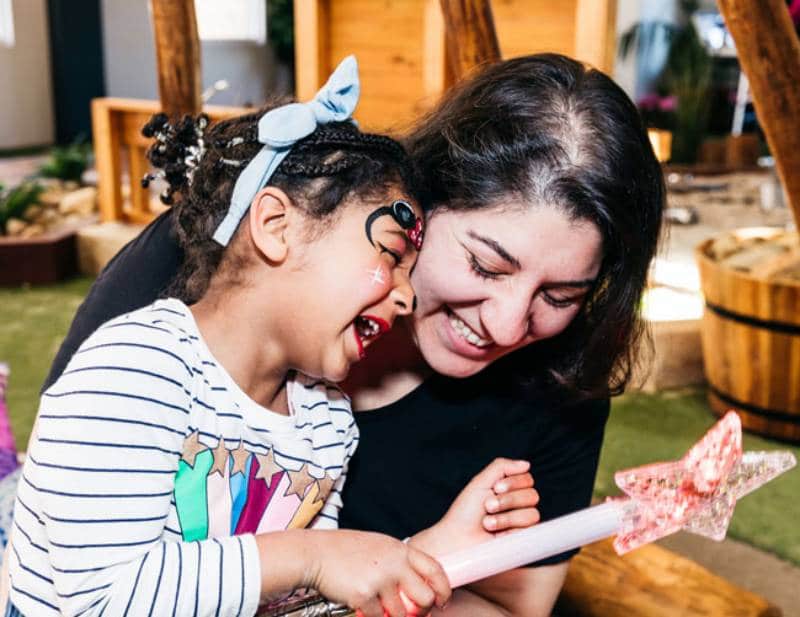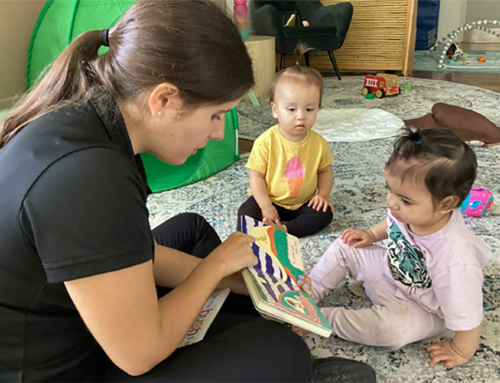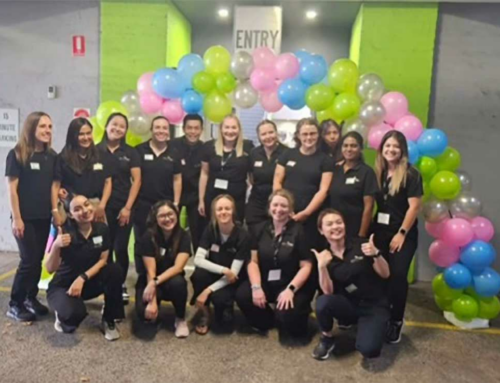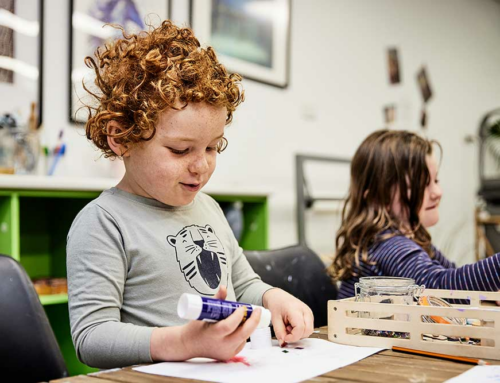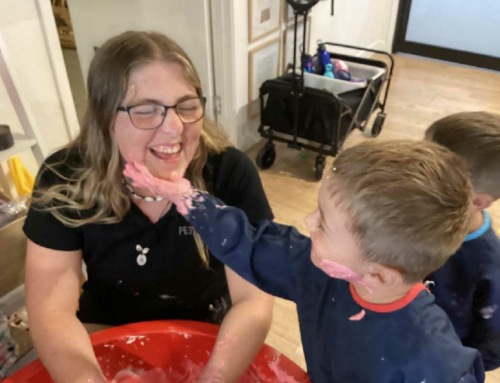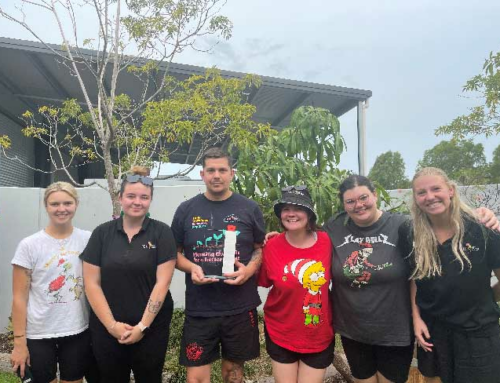Are you a leader? Participating in early childhood professional development is an excellent step towards becoming a leader in your sector. There are many reasons for Educators in early learning to participate in professional development. Developing leadership skills is one.
With so many changes in the early childhood sector, especially with the introduction of the Early Years Learning Framework (EYLF), it pays to stay informed. By engaging in professional development, you’ll be more confident and have the skills to deliver professional care and learning strategies.
While professional development takes many forms, leadership in early childhood extends to your ability to share, discuss and mentor others in the industry. In our fast-changing industry, skilled leaders are needed to cope with and initiate the change required for the delivery of a high standard of service.
In this article, you’ll hear from leaders at Petit Early Learning Journey on the importance of professional development. Kelly Goodsir from Kglearning also lends us her wisdom on leadership, pedagogy, educational programs and practice. You’ll also learn:
- What is professional development in childcare
- Why professional development is critical for early childhood Educators
- How it relates to the Early Years Learning Framework
- Why providing leadership in early childhood matters
- What professional development means for early childhood pedagogy
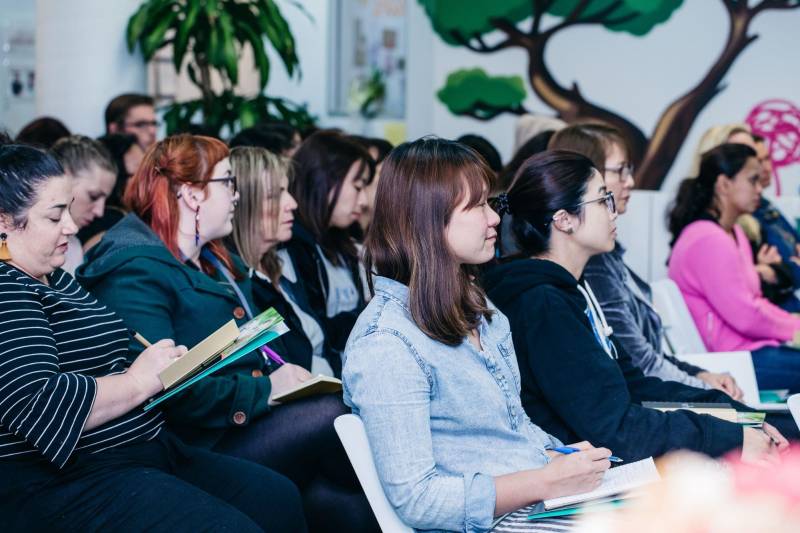
What does professional development mean in child care?
Professional development in childcare embraces formal and informal learning towards a new skill, ability, knowledge or process. It influences employment and can help advance your career. Professional development also affects quality learning outcomes for children in your care.
Early childhood professional development includes:
- Certificates and courses
- Workshops
- Seminars
- Conferences
- In-house training
- Distance education and online learning,
- Self-directed learning
- Volunteering
- Work experience
- Mentoring
- Tutoring and
- Teaching.
It also covers team engagements that involve:
- In-depth discussions
- Problem-solving
- Sharing of ideas
- Reflecting critically on experiences
Your employer can organise professional development, or it can stem from self-interest. At Petit ELJ, professional development is a critical aspect of our philosophy for the continuing development of our people and quality outcomes for children in our centres.
Kelly Goodsir, Managing Director from Kglearning, is currently sharing her wealth of knowledge and experience in early childhood learning with Petit ELJ. Kelly emphasises, “Learning doesn’t stop when we finish our degrees, diplomas or cert III’s, learning should continue.”
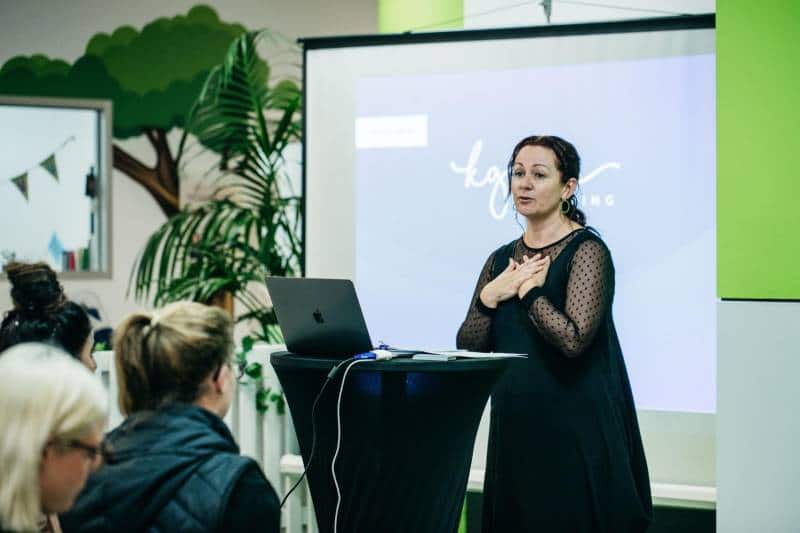
Why professional development for Early Childhood Educators is critical
Over the last decade, the childcare industry in Australia has undergone significant changes. These changes have impacted early childhood learning programs in several ways. Significant changes are laid out by the National Quality Framework (NQF) introduced in 2012.
The NQF establishes formal qualifications required for a childcare practitioner. It also provides a framework for quality improvement in the childcare sector.
Professional development for Early Childhood Educators improves the ability, skills and habits of Educators to enhance the quality of programs offered to children and families. It can also promote a culture for continuous professional growth in individuals and systems.
“Part of the continuation of learning means that we’re thinking and we’re transforming our practice, and we’re fitting it in with understanding what best practice is for current pedagogy and contemporary approaches. And that’s an important part of our early childhood profession and upholding that profession as to stay engaged with current thinking,” says Kelly.
Belinda Balaam, Centre Director at Petit Early Learning Journey Forest Hill recently attended one of Kelly’s first workshops held at Petit ELJ for Educators. For Belinda, early childhood professional development renews knowledge and generates new ideas.
“It’s important to get new ideas, new knowledge and brainstorm. By coming together to share information, it helps us to keep up with the changes of the EYLF and industry trends.”
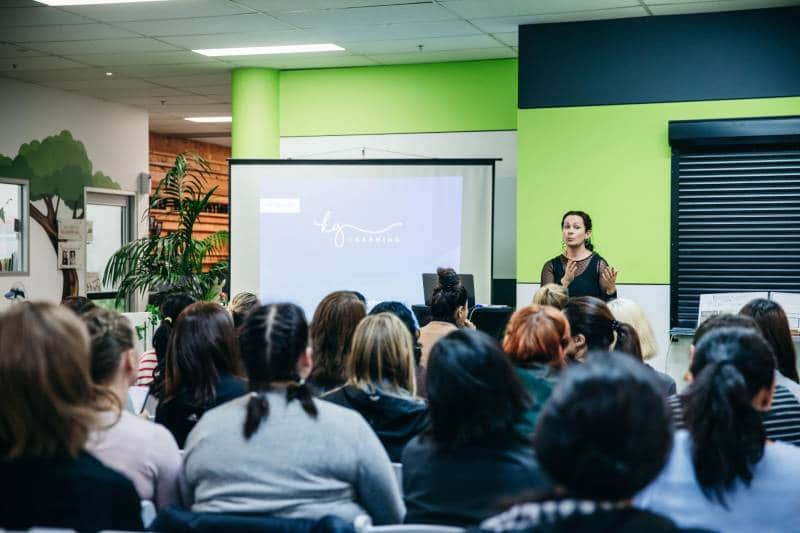
How professional development relates to the EYLF principles
The EYLF is the recognised learning framework under the NQF. It provides the foundation for ensuring all children aged 0-5 years receive quality teaching and learning outcomes. EYLF principles encourage Educators to participate in professional development.
The EYLF Educators’ Guide recommends Educators participate in reflective practice as well as in-depth professional discussions to support curriculum development and change (DEEWR, 2010). The NQF requirements include establishing a professional learning community and consistent processes for collaborative learning within centres.
In conjunction with Kglearning, Petit ELJ’s national series of training workshops aim to develop a professional learning community for both external and internal Educators.
“The workshops are a constructive environment for fresh ideas,” says Belinda. “Educators benefit from asking questions and receiving feedback. We can also talk with other Educators in the industry on what works for them.”
As well as the series of workshops, Kelly will work closely with Petit ELJ Educators as a consultant, trainer and mentor for developing pedagogy. “Over the next 12 months, we’ll get to shape the pedagogical practices and the documentation, tools and systems to fit Petit Early Learning Journey.”
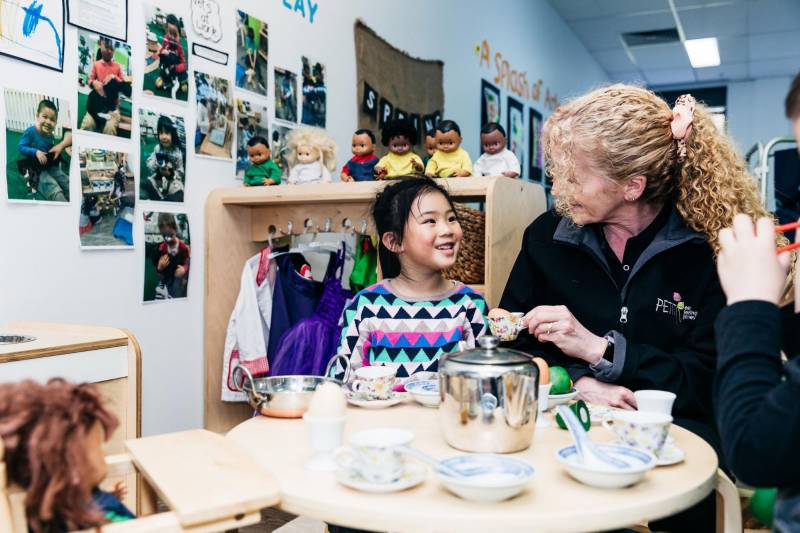
Why providing leadership in early childhood matters
The NQF identifies leadership in early childhood and professional development in Quality Area 7 of the National Quality Standards. Before the launch of the NQF, leadership and professional development in childcare was identified as essential for an effective early childhood development system.
Leadership and professional development in the standard aim to:
- Build a productive workplace culture where Educators and other staff learn from each other and pursue continuous quality improvement
- Encourage services to continue the ongoing development of its Educators, coordinators and staff members
- Develop an Educational Leadership role within each centre.
While Directors and Educational Leaders have essential roles in supporting professional development, distributed leadership among Educators also carries significant weight.
Distributed leadership is associated with professional learning and development. It focuses on collective rather than individual learning. It also enables individuals with specific knowledge of early childhood pedagogy regardless of their role to lead the professional development of others.
An example of distributed leadership involves an Educator who participates in external professional development and then brings that knowledge and experience back to their centre to share and discuss with others on their team.
Natasha Kerkez, Area Manager for Petit ELJ, says, “Professional development is about improving educational practice and learning. It develops learning environments where we reflect on how we practice our curriculum and live the values. We become mentors and can provide guidance to other Educators as well as develop research and share new knowledge.”
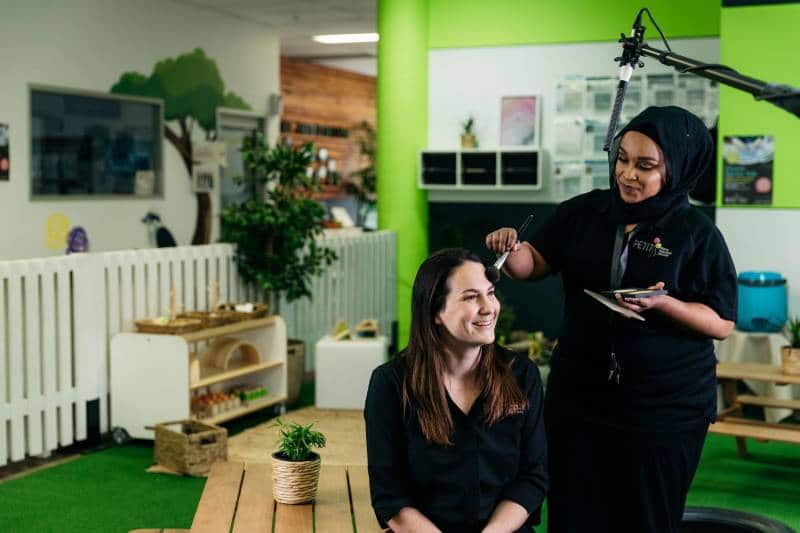
What professional development means for early childhood pedagogy
Knowledge, experience and skills of early childhood pedagogy are essential traits of an Educational Leader. The introduction of quality areas and learning frameworks emphasise an increased expectation on pedagogical leadership in early childhood.
It’s important for leaders to work with Educators to develop and implement high-quality educational curriculums, assessment and planning cycles. It includes engaging with Educators to deliver the approved learning frameworks that contribute to children’s learning.
“With the systems that we develop to support Petit, it’s the systems that will keep the learning going,” says Kelly. “It’s not so much about the tools that we develop here and now, that become engrained or embedded in the organisation. So in twelve months time, they (the systems) will continue to redevelop and reshape (the tools) to stand the test of time for Educators.”
As well as delivering the series of professional development training workshops and centre-level mentoring, Kelly will also facilitate educational programming inductions at Petit ELJ.
For Kelly, it’s important for Educators, teaching teams and leaders to see the possibilities. ‘The possibilities to make a difference for children and families and the settings and to do it in a way that fits with who they are as Educators and leaders.’
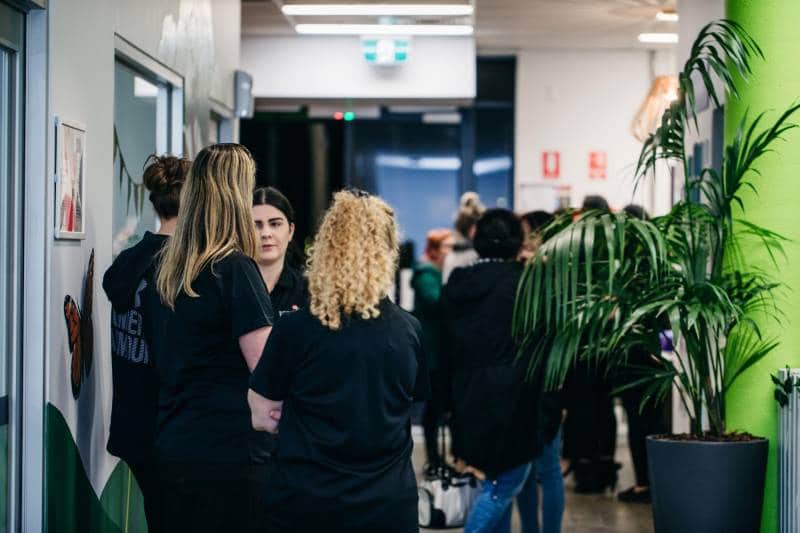
Lead with Petit Early Learning Journey
At Petit ELJ, we value all forms of professional development and leadership in early childhood including formal training, workshops with industry leaders, inductions and in-house training, as well as self-reflection and shared discussions on early learning pedagogy among Educators.
Our management and centre teams strive to build an environment of continuous improvement with their love for learning. We search for innovative ideas and new ways of knowing to provide better quality learning outcomes for our children and families.
Do you value early childhood professional development? If you are a reflective self-learner and a leader willing to share your professional knowledge and experience with others, we’d love to hear from you. Can you see the possibilities?
